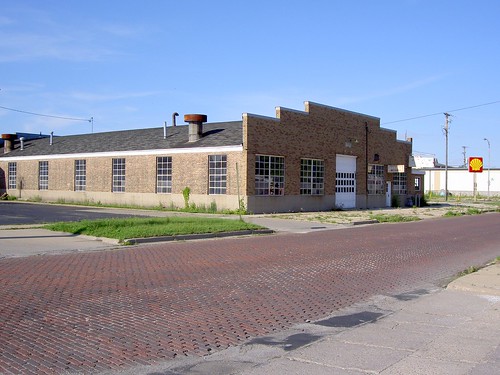Dealing with auto repairs can leave you frustrated and overwhelmed. If you do experience feelings of stress, it doesn’t have to be that way. Read on and learn what steps to take the next time your car needs repairs.
Check for A.S.E. certification before you choose a mechanic. This shows that a mechanic has passed a special test for competence and also shows he or she has at least two years experience as a mechanic. You will then know that you are dealing with a trained professional.
You don’t have to get a mechanic in for simple repairs. There are a few things that could be fixed very easily. Try troubleshooting the issue on the Internet or talk to your friends to see if they have an idea of what could be wrong with your vehicle. If it is a basic issue, attending to the repair yourself could save a considerable amount of money.
Ask a potential mechanic if they have experience with working on the exact kind of car you have. If they have, they probably know what it takes to make the needed repairs.
You should always test drive your vehicle after getting some repairs done on it. This way you can avoid paying for repairs that were not finished correctly. Many people don’t take this crucial step and wind up plagued by the same issue that brought them to the shop in the first place.
Get OEM components. These parts are original and from the manufacturer. Generic parts can be cheaper but OEM parts will last longer and usually come with a better warranty. It may seem like you are getting a deal now, but it may end up costing you a lot in the future.
Keep a tool kit for doing auto repairs in your trunk. These tools should include a tire changing kit, which comes in most cars. Buy a jack if your car does not already have one equipped. Also, it is wise to have screwdrivers, a ratchet set, Phillips head screwdrivers and wrenches. Never skimp when buying tools. Get high quality tools that will be able to withstand the test of time.
Your car key should not have tons of fluffy keychains on it. Your car’s ignition is simply not designed to hold all that weight, even if it may not seem that heavy to you. The last thing that you want is your key to stick, so try to reduce weight immediately.
Find out about all costs before hiring a mechanic. Some shops have these costs in conspicuous places, so you need to carefully read and ask any questions you have if something doesn’t make sense. You must know what you’re being billed. Some mechanics bill you for estimated labor times established by the manufacturers they work with. Some “minor” repairs can take all day according the the estimates of the manufacturer.
Clean your car regularly, even in the winter. The winter damages your car more than any other season. Sand is abrasive to your paint, and salt will make that damage rust quickly. To be sure that ice doesn’t build up, make sure the car gets dried after washing it.
Before taking your car to a repair shop, take pictures of the areas that need to be fixed. Though the majority of such shops are trustworthy, some shops strip vehicles for profit. The appearance of your vehicle needs to be documented in case something bad happens.
Warranties are extremely important when you take your car to get repaired, especially if you get expensive parts. Be sure and ask the mechanic what the warranty is on the parts that they have ordered. Figure out what the warranty covers and if you can get a copy of it so that you can look over it.
There is nothing routine about flushing your engine. This is a pretty expensive service and you do not really need it unless you have been doing things that have been particularly bad on your engine, like failing to change your oil regularly.
Original Equipment Manufacturer is usually abbreviated as OEM. Keep this in mind when you are having parts replaced on your vehicle. If you tell your mechanic that you wish to have OEM components, you’ll sound like you know a bit about auto repair centre. There will be far less danger of receiving used parts.
Although dealer mechanics can be pricy, most of the time they offer the best experience. The mechanics at the dealership are experts in the type of vehicle you have. The mechanics will know about issues that are common for the model you own. They also utilize regular auto repair training programs to keep their skills up to date.
Listen to all of the sounds made by your vehicle. Noise can be a crucial sign that your vehicle is having a problem. Tell your mechanic what sound you hear and he may be able to figure out the problem more quickly.
When speaking with a mechanic, always ask questions. There is no limit to the questions you can ask. Ask your mechanic how long the repair will take. What work will be done? Ask about the cost of the parts. Make any other inquiries you can think of. This will make you appear informed and help if this happens later.
Finding a mechanic is your first challenge to having your car repaired. Do not hire a mechanic who does not seem trustworthy. If the mechanic won’t look you in the eye or talks too fast, steer clear. Chances are, they have something to hide and could charge more.
Now you’re armed with how to deal with cheap auto repair! Be steadfast when you are dealing with your car problems, and do not let any mechanic swindle you. Read on to learn more in case you need to do future car repairs.
Time-tested Advice About Fixing Your Car Problems

No comments:
Post a Comment